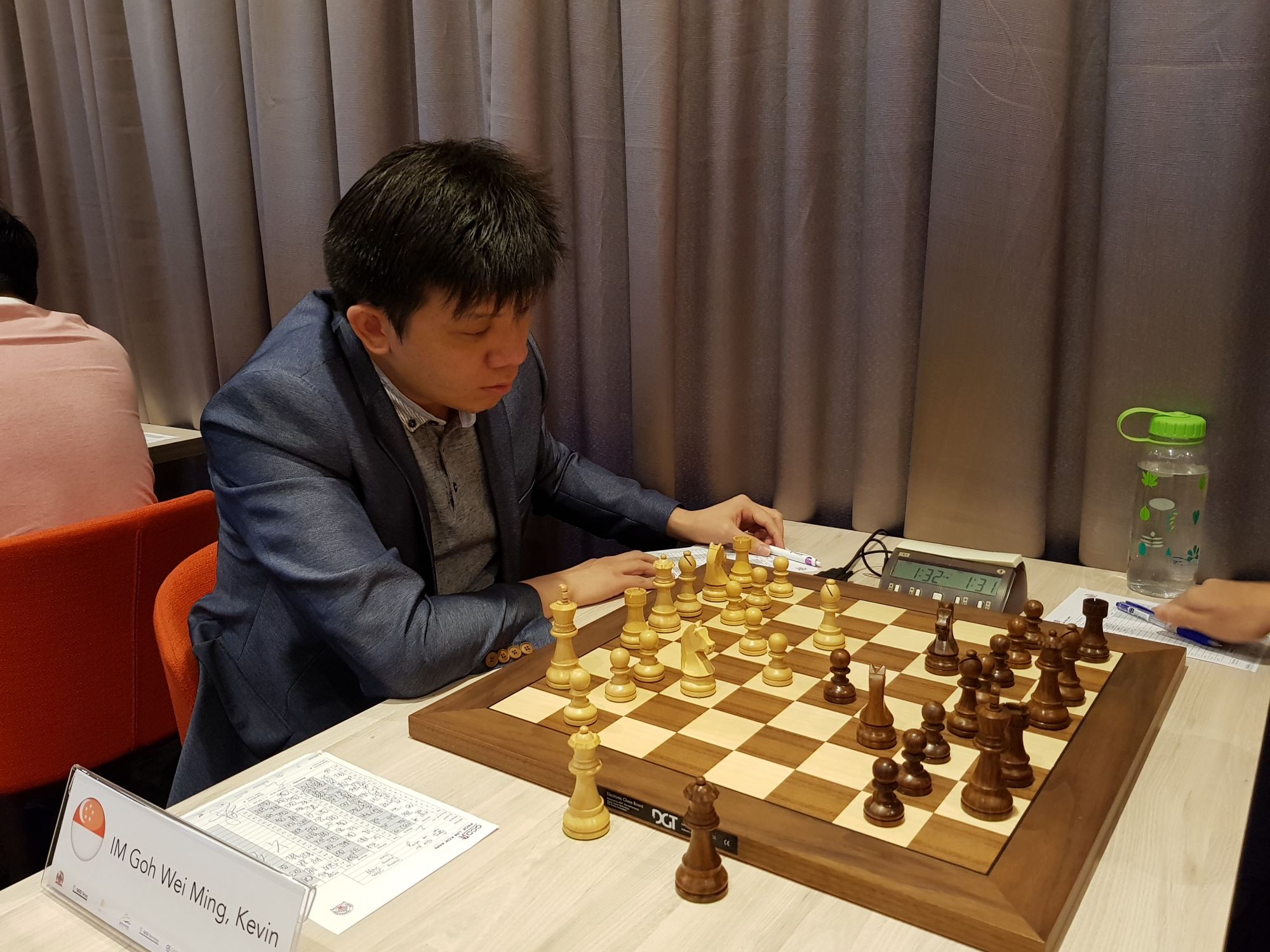A life of rigour and a six-figure investment pays off for Singapore’s newly-minted chess grandmaster
Smart is the new sexy, believes chess champion Kevin Goh. A self-professed “non-nerd”, he is quick to debunk the stereotype: “It is possible to be a good chess player without being geeky.”
Case in point: current world champion Magnus Carlsen. The towering Norwegian is known to rock up to the chessboard in a tailored suit, complete with upswept coif and hipster beard. Likewise, Goh makes it a point to be well-turned-out at major tournaments, looking the part of grandmaster well before he was bestowed the title.
In April, the chief financial officer of precision oncology company Lucence Diagnostics was awarded the title of grandmaster—the highest rank a chess player can attain—by the International Chess Federation.
This appointment makes Goh, a seven-time national champion, the country’s first chess grandmaster in over two decades, and the fourth in history. (The last grandmaster in Singapore was Wong Meng Kong, who received the accolade in 1999.)
Scaling the summit has certainly been no easy feat for this 37-year-old, made possible only by a life of rigour dedicated to mastering both mind and body, as he surmounted the innumerable disappointments in pursuit of his ambition.
An Early Start
Goh first discovered chess at the age of 10 in primary school thanks to Khoo Geak Chong, a teacher he remembers fondly to this day.
“He built the school’s chess club from scratch and we had such a large following that if you didn’t play chess and you weren’t in the club, you were deemed uncool. We started winning tournaments and beating the elite schools—and as a neighbourhood school we felt like it was us against the world,” he recalls.
“What intrigued me about chess was the challenge behind solving problems that your opponent poses for you and the fact that you have to use logic as well as your ability to react fast. There’s also an aesthetic element to the game, a certain beauty in the way the game is played; the tactical and geometrical motifs and paradoxical moves that take everyone by surprise.”
Passion and ambition, however, count for nothing without rigorous training. The greatest challenge of Goh’s uphill journey has therefore been balancing a punishing training schedule of between six to 12 hours a day, while holding down a high-level, full-time job.

